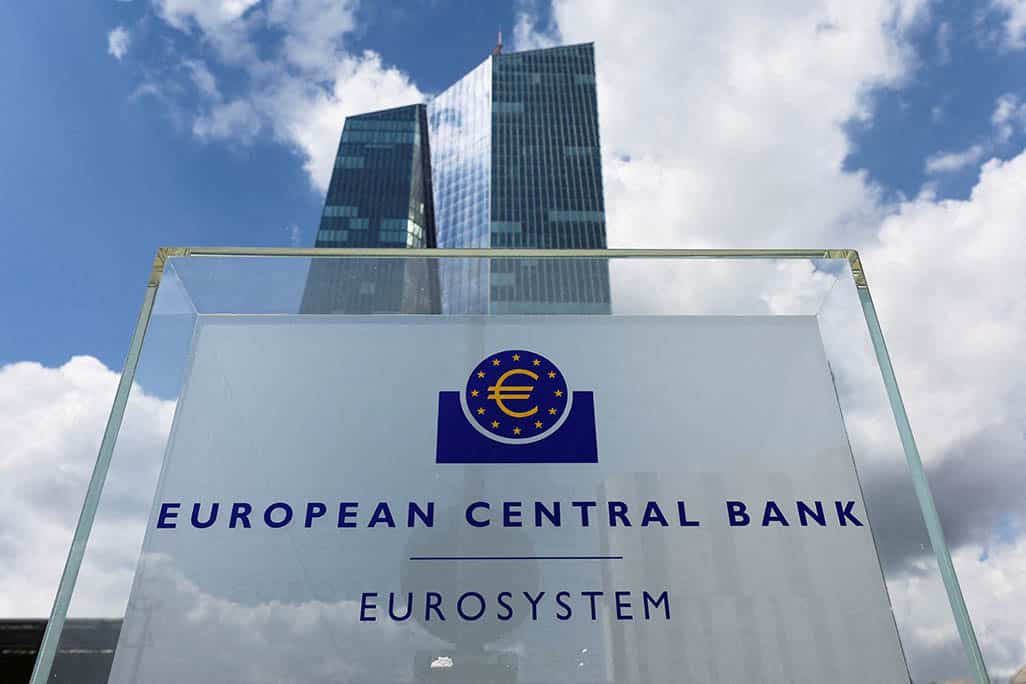Central banks safeguard financial stability and inflation while also driving Europe’s innovation, according to Costas Papadopoulos, executive director at Cypriot fintech Moneygate.
He explained that “by ensuring a stable economic environment, central banks provide the necessary foundation for businesses to invest and innovate with confidence”.
“Businesses are unlikely to gamble on new ideas if they’re worried about wild inflation swings or shaky financial markets,” Papadopoulos said.
He emphasised that this stability is crucial, allowing companies to plan and execute long-term strategies vital for innovation.
Papadopoulos also mentioned that central banks also play a significant role in directing the flow of capital towards innovation.
By maintaining low interest rates and fostering lending practices that benefit start-ups and small enterprises, they ensure that new ventures have the necessary resources to flourish.
“They also influence where private capital goes, backing regulations that make it easier for venture capitalists and other investors to fund innovative companies,” he added.
Furthermore, in the fintech sector, central banks are at the forefront, overseeing blockchain technology and digital payments, and exploring the potential of digital currencies like the digital euro.
“By promoting smart regulations and supporting experimentation, central banks create a fertile ground for fintech start-ups while keeping the financial system secure,” he stated.
Papadopoulos explained that regulation plays a critical balancing role—too much stifles creativity, too little leads to chaos.
Central banks manage this balance by protecting financial stability and encouraging an environment conducive to innovation.
“Think of regulatory sandboxes, where fintech companies can test their ideas under supervision, offering a win-win: safe innovation and regulators learning to adapt to new technologies,” he explained.
He further noted that central banks are advancing green investments, like green bonds, and incorporating climate risks into financial assessments.
“Sustainability is a must, not just a trend. The European Central Bank, for example, is weaving climate change into its monetary policies,” he points out. This leadership drives investment in renewable energy, clean tech, and sustainable agriculture.
Effective collaboration is essential, according to Papadopoulos, adding that “central banks work with governments, businesses, universities, and start-ups to foster policies and ecosystems that fuel innovation.”
They also play a crucial role in building public trust in new technologies, such as digital currencies and AI in finance, through transparency and education.
“As central banks evolve from their traditional roles, they are becoming catalysts for progress, helping Europe tackle its challenges, stay competitive, and build a more sustainable future,” he added.
“By creating the right conditions and promoting collaboration, central banks are key in positioning Europe as a global innovation leader,” Papadopoulos concluded.






Click here to change your cookie preferences